As a gay person, sometimes you really need to hear things about other gay people. You need to hear that a) they exist b) they are capable of heroic things and c) some of them might want to have sex with you. This is even more true if you are a young gay person. Especially if you are a young gay person at a small-town school who may or may not know that you are, in fact, a gay person.
When I was fourteen, I doodled girls in the margins of notebooks without knowing why. Once my friend Sarah-Jane shaved her head and kissed a girl onstage at a punk gig in the back room of a hotel. I had to lock myself in a toilet cubicle until my legs stopped shaking and my heart slowed back down. The next week my classmates spoke about it in corridors. Her mother called her a lezza. It was the best thing that had ever happened up until that point. But after a few days the scandal died down and there was nothing even remotely gay left anymore.
I didn’t realise until later how much that sucked. Because aside from getting history in order or knowing what osmosis is all about, the compulsory school system is meant to teach you how to grow up and survive in the world. It’s meant to teach you right from wrong, that drugs can kill you and that you don’t have to feel peer-pressured into your first clumsy fuck. If it does its job, it can help whittle you into an adult with ambition and opinions and drive. If it gives a shit, it can teach you what you’re good at and help you accept the things you’re not.
It’s probably rare to find a school that does all those things. It’s never easy to be hormonal and awkward and different. Sometimes there is incessant bullying and sometimes the adult-people are all out of fucks to give about it. Sometimes it can be severe and make you feel hopeless. And when you are a young gay person learning a heterocentric syllabus at a straighter-than-straight school, it can fail to teach you the most integral of things: that people like you exist, that they have already achieved many heroic things, and that probably, at some point, you will find one who wants to rub against you.
My own school days were not that bad. I’d even go so far as to say I liked them. I was a fan of stationery and literature. I fantasised about smoking joints with Sylvia Plath behind the sports hall, even though she was already long-dead. I had an English teacher named Mrs. Wright who looked like a sixteenth century heroine. I never skipped her class, and it always made my day when she paid me extra attention.
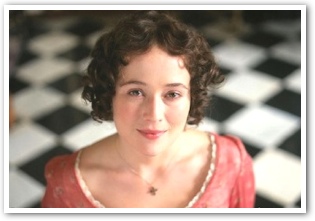
But no matter how many digits of pi you can recite or how well you know your syntax, for some people the hardcore-useful stuff doesn’t get learnt until you have fled to university (or just fled). For me that indispensable ‘hands-on’ queer education didn’t start until I was getting drunk in a dingy university room with a girl who liked my record collection. I’d never met anyone who liked my record collection. Lesson one: there’s a lot to be said for diversity.
I finished school a decade ago and I’ve come to realise something in that time. You can call it nostalgia or perspective. You could even call it experience. But during my compulsory education, as a young gay person in a hetero environment, something amazing was happening. I didn’t know at ten, at thirteen or at sixteen, that the itchiness I felt was the need to find stuff out about gay people. I couldn’t put a finger on what was missing from my world. But now, when I think back to my extra-curricular teenage interests, when I listen to a song I once liked, something dawns on me.
And that is that without knowing it, without knowing myself, I was inventing my own private queer syllabus. Between the ages of ten and seventeen, the music and the poems I liked and the posters I had on my wall were teaching me I was queer when I didn’t even know the gravity of the word yet. My personal reading lists and journal entries were somehow making up for what the school system lacked. My subconscious was subconsciously hinting at something larger than my experience could grasp. Or maybe my genome was just doing its job — there’s no escaping your own blueprint.
It’s like looking back at your own awkward self and saying Go! You don’t know what you’re doing, but you’re doing it right! That self-made queer syllabus was, in a way, an unintentional preamble to coming out. It was filling in the void left by the hetero school system. It was the first experience of independent learning, and looking back, it was gay as hell…
+
Business Studies: Sylvia Beach
The first time I went to Paris, I was 14. I spent the visit in a state of longing, wishing I was older and better looking. I trailed far behind my family, embarrassed about the maps and cameras. I thought Paris was amazing. Then, walking along the left bank we passed Shakespeare and Company bookstore, and Paris became spectacular. As I was obsessed with books (and Paris), Shakespeare and Company was quite possibly the best thing I had ever seen. I wanted to disown my family right there and move in. But because that was impossible, I began reading up on the bookstore as soon as we got back to England. I read that the original was in a different location and was owned by a woman called Sylvia Beach who published Ulysses because nobody else would and that all the writers of the time used to pop round for tea. Sylvia Beach became my hero. I wanted to be just like her (except for the long skirts). I wanted to become a bohemian businesswoman who knew about literature and open a bookstore. I wrote about her in school essays and in my personal journals. I dreamt about going back in time and hanging out with her. Nobody else shared my enthusiasm. It wasn’t until later that I realised a vital thing: Sylvia was a massive lesbo and in love with a woman named Adrienne who owned a French-language bookstore across the way.
I still love Sylvia Beach. But as a fourteen year old, was her gayness what made me so obsessed with her, or is it just a coincidence? Since then I’ve taken at least two girlfriends to Shakespeare and Company. Both pretended not to be bored when I told them everything I know about Sylvia Beach.
+
Music: Hole
At 16 my favourite thing to do was to roll a joint and walk around town at night listening to Courtney Love sing Malibu on my Walkman. I didn’t know anything about Hole and I didn’t know very much about Courtney Love. But somebody made me a tape and then Hole was all I listened to for months. Perhaps I felt empowered by the lyrics. There was something fierce and sexy about them. Hole was basically the opposite of where I was but the place I thought I wanted to be. I taped a clipping of Courtney Love to my school planner and stared at her during mathematics. I think Hole fed me enough angry feminist music that I could finally begin vocalising my opinions. When we got the internet in 1998, my parents were mostly scared of it so I was free to look at whatever I wanted. I started reading up on Hole and my reason for liking them became even clearer – the internet told me that Courtney and Drew Barrymore had been known to bang each other. Even though I was kind of ashamed about it, this fact made me so excited I almost threw up. True or not, it was (and still is) a pretty hot thought.
+
Sex-ed: Clea Duvall
I didn’t watch But I’m A Cheerleader when it came out because films like that didn’t come to my town. But for some reason I had pictures of Clea Duvall on my bedroom walls. There she was in The Faculty. There she was cut-out from a magazine. She was the last thing I saw before I went to bed and the first thing I saw when I woke up. Perhaps I told myself I liked her grungy outsider persona. But with age I come to realise that she was probably there because I wanted to do private things with her in a dimly lit place.
+
English Lit: Allen Ginsberg and the Beats
I bought a copy of Howl because I liked the word Howl and I liked the aesthetic of the black/white City Light edition. I didn’t know anything about the beats or that Ginsberg was a big ol’queer. Then I got really into his poetry and read around the subject and started wearing plaid and army-and- navy boots. I read Howl in the back of lit class when everyone was focused on Ted Hughes. Not that I have any issue with Ted Hughes, but when you’re 15 you don’t want to be reading about tractors. You want to be reading about people being destroyed by madness and having gay sex with their best friends. Or at least I did. I read the hell out of the beats instead of concentrating on the school syllabus. And I’ve never regretted doing so, even when I got to university and realised how much of a cliché I was.
+
Drama: Pantomime Peter Pan
I don’t think you have pantomime in America. In case you don’t know what it is, here’s a brief description as supplied by Wikipedia: “Pantomime is a musical-comedy theatrical production traditionally performed in the United Kingdom.“ Until the age I realised how gross it was, my family used to go to the Christmas pantomime every year. And because my brother is hearing impaired we always got front row seats. I saw Peter Pan a handful of times, but when I was eleven something happened. Peter Pan was H.O.T. The way he flashed his sword. The way he flew across the stage on those embarrassingly visible ropes. My face got red. I grew cantankerous and would not join in with the parts where you had to shout ‘he’s behind you.’ Peter Pan was way too good to be in such a stupid show. For months afterwards I fantasised about me and Peter running away together. I don’t think this would have made such an impact if Peter was not a woman dressed as a boy. It was my first genderqueer experience. The first time I feel in love with androgyny. Sometimes in my fantasy, Peter would take off his leaf-suit and put on her jeans and a hoody.
+
Geography: San Francisco
As a child I was obsessed with severe weather and natural disasters and subsequently earthquakes. My mother gave me a book about earthquakes and San Francisco was in it. Maybe it was the brightly coloured houses, but I instantly wanted to go there. I cut out pictures of fog from travel magazines and taped them to my wall (next to Clea Duvall). I begged my parents to take me. Years later I got to go there for two months with my then girlfriend. I had recently come out to my parents, and it was probably the gayest time of my life.
Sure, my gay studies were fairly superficial and not very diverse at all. But until I left town, my world was the opposite of diverse, and what teenager isn’t at least a bit shallow? Were it not for this unintentional queer syllabus I feel I might have left school feeling less well-adjusted. I may have had a problem when the girl who liked my record collection first put her hand down my trousers. These days things are different. Now there is The L Word and Glee and people are not scared of the internet. But I imagine it’s still rare (if not unprecedented?) to find out in a classroom environment what woman did in dark alleys during the Blitz, that Gertrude was fingerbanging Alice or that the father of computer science was as queer as you turned out to be. For that reason I’d like to say thanks to my subconscious.
+
Special Note: Autostraddle’s “First Person” personal essays do not necessarily reflect the ideals of Autostraddle or its editors, nor do any First Person writers intend to speak on behalf of anyone other than themselves. First Person writers are simply speaking honestly from their own hearts.




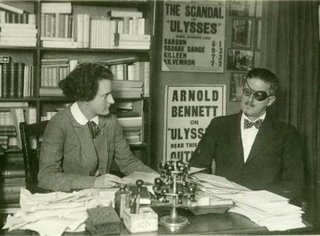
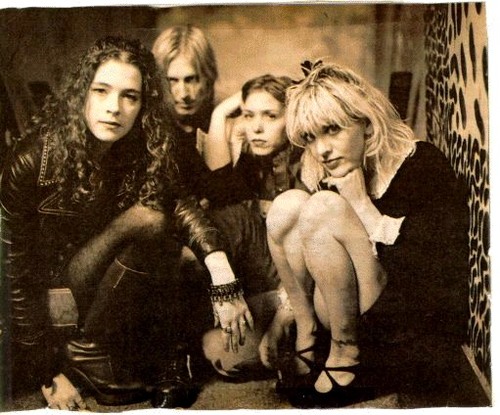
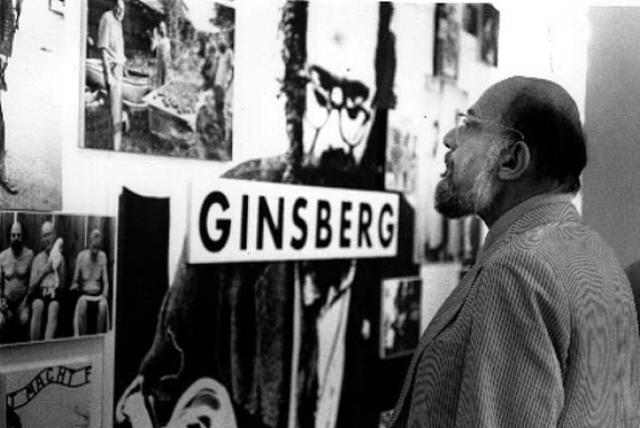
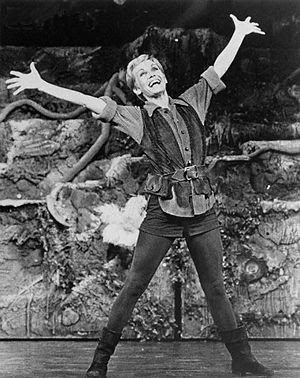
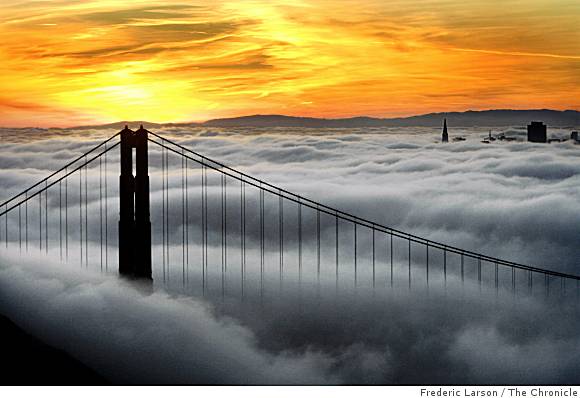
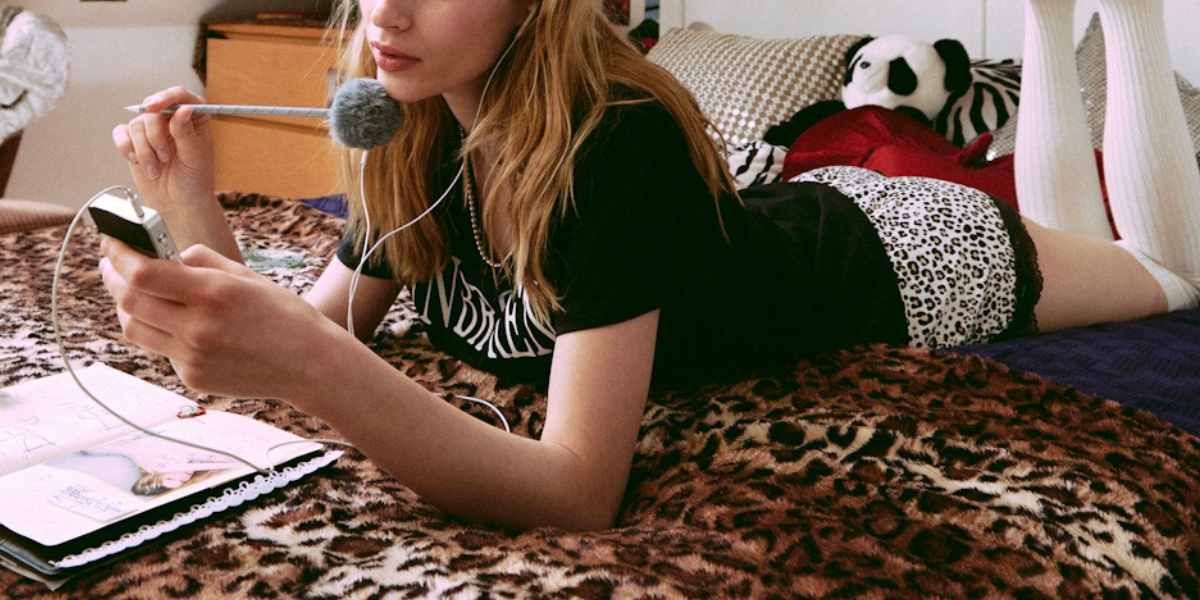
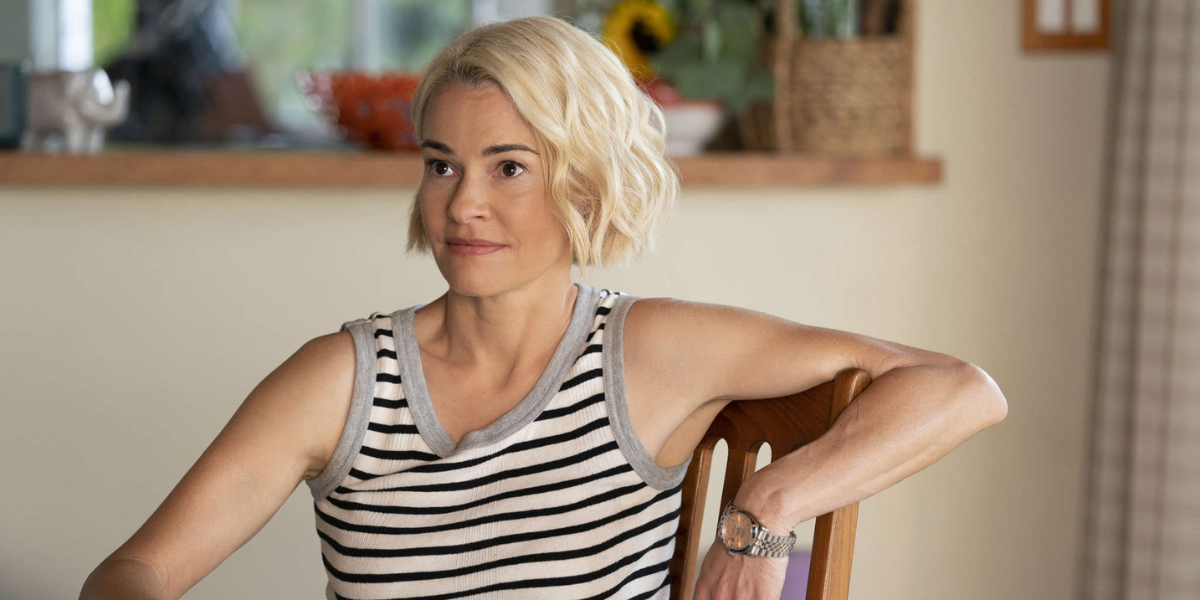


Comments
Wow this was an incredible article. I think it’s so true that when we start realizing there’s something different about us and we’re not seeing ourselves reflected in our teachings, we seek out our culture extracurricularly. I know I did it, subconsciously at first, then intentionally is I grew older. I think I still do it.
I also adore your style of writing! The first part had a very poetic sway. (Oh, and, I’m pretty sure I had the exact same relationship with Hole and Courtney Love that you did!)
Thanks for the article, I think you articulated what a lot of people feel.
Have to say I really appreciate Canada making queer theory a part of English class so we get a start on learning things in school anyway.
wtfffff where in canada?! this was totally 100% the opposite of my experience.
I graduated from high school in Ontario a few years ago. I have no idea if this was limited to our school or what.
That’s too bad that you had a negative experience though.
i had a super great experience but queer theory was just not on the radar at all. i also went to high school in ontario, graduated in 2004. hm. curious over here!
I never had queer theory either, and I went to school in Ontario, graduated 2007. LAME.
Ontario has a gender studies component incorporated into their social/english curriculum
Not my Ontario :(
Oh gosh, it’s so true.
I was obsessed with Twelfth Night, Hedwig and the Angry Inch, But I’m a Cheerleader, William Burroughs, and all of that good stuff long (LONG) before I understood why I was drawn to queer culture.
only just realized reading this exactly why i loved twelfth night so much
bonham carter fawning over imogen stubbs – magical
Twelfth night! So damn queer! As you like it is my personal favorite but oh, reading them both at 15 and not understanding why I liked the viola/olivia scenes so much…I love me some queer shakespeare.
This is a great article! Both my primary and secondary schools were Catholic (not surprising – something like 90% of schools in Ireland are under the patronage of the Catholic Church), and I’m from a rural background, so I grew up not really knowing that gay was a thing, so it wasn’t until almost uni that I realised what my Xena posters, the fact that I loved dressed-as-a-boy Jessica in The Merchant of Venice, and my music collection had been telling me for years. Oops!
Oh, those, and Victor/Victoria. My Julie Andrews obsession was only not noticed because I liked musicals! :D
Yes, yes and yes! This! I think this is one of my favourite things I’ve read on Autostraddle. And it’s really nice to have to have some British voices too :-D
Yes! This is beautiful. After yesterday’s article about queer teachers, I found myself thinking about how I never had teachers who tried to create a safe space or did anything when I was teased. This article made me realize that I did the same thing, as many of us probably did. Bikini Kill and Ani DiFranco and Diane di Prima and Even Cowgirls Get the Blues…we were all finding our voices without knowing it.
Absolutely beautiful.
I had a similar experience. My interests tended toward math and science and classical music (well, they still do), so there wasn’t much scope for sexuality exploration there, but I did unconsciously catalog EVERY SINGLE THING I ever heard about teh gays. Every offhand remark by a family member, every news article, every subtext in a book or movie, etc. I realized I had done so shortly after realizing that “Women are attractive. I think that. …Maybe that means I find women attractive? Aha!” It was like that had been kicking me in the brrain for years, trying to get my attention.
This is wonderful. Thank you. I now understand why I enjoyed all of those hours I spent in the pit playing for the high school Peter Pan production. Oh, Peter.
:) I see your babyqueer syllabus & raise you the crossdressing shakespeare comedies (12th night, anyone?) as well as gay npc mods for baldur’s gate II.
Oh yes, BGII!!! Despite Viconia being seriously deranged, I still got all kinds of bothered whenever she talked to my character. It all makes sense now.
Drow, right? I had a serious thing for solaufein (the drizzt clone in the underdark). But there was also this amazing out lesbian infinity engine modder who created npcs, and I downloaded the best thinking the whole time that I appreciated tolerance & diversity in my games, when secretly I just wanted my noble paladin and this cute girl to mess around. Oh, cognitive dissonance. :P
I’m glad I grew up in the age of the internet. There are so many questions I would have not been able to find in my early teenage years. Like why every time Anne and Diana (from Anne of Green Gables) held hands, I wished it was socially acceptable to hold hands with a girl like that. And why I held lesbian writers and poets above all things and, like the author, kept track of every gay thing I heard.
aahhhh, this is great! Especially reading this as an educator! I am going to go work on my own queer syllabus and piece together threads of my identity. Maybe all of my friends will make their own queer syllabi and we can compare notes and maybe make it into something special. thanks for the inspiration!
Loved this article. Beautifully written, and now I will spend all day thinking about my own, similar stories. Hehehe.
I was reading a biography of Charlotte Perkins Gilman when I realised that the majority of my literary heroes were queer women. Mind you, at the time, I was into fiction by first wave feminists, which sort of makes the whole thing more likely, but how was I to know that the author of the first women-only utopian story was desperately in love with her female best friends and quite ambivalent to men?
I also understood why I was so frustrated with the romances written in for all my favourite characters — it wasn’t that I wanted the story to focus on more important things,
HOLE! The drummer, Patty Schemel, is also an out lesbian – and there’s a really incredible documentary about her/Hole that just came out and you all should watch: “Hit So Hard” (http://www.pattydoc.com/)
We watched is as part of prepping for our Hole tribute band gig this Halloween and it was waaaay better than I’d been anticipating.
Hey, thanks for the tip! Looks like it comes out on DVD on my birthday. Convenient.
Bravo fello Brit! Tis some sturdy wordiness one has written here. One hopes one writes more oft.
OMG Jennifer Ehle
seeing that picture on the front page of AS made my day 35% better
My childhood TV schedule consisted mostly of Pippi Longstocking, Xena Warrior Princess and Baywatch. Now looking back I realise that a) Xena had lesbians in it OMG and b) Baywatch is not a thing that many British 6-year-old girls watch.
I guess this explains a lot.
gaga was the first person to tell me i’m ok <3
This was wonderful and beautiful and made me cry a bit. I’m not sure why. I can’t really formulate a proper response right now, but I loved this.
This was really great.
For me, my queer education consisted of young adult fiction novels. I read everything the author Tamora Pierce ever wrote as all of her main charaters were strong and female. I would look up anything that was remotely girl-loving related (I even read the pretty little liars series even though I was a bit too old for them at the time). I really started questioning after I read Empress on My Mind. I remember it clearly as one of the first books that had a profound impact on me because I had chosen it accidentally, not knowing the subject matter at the time and after reading it, it spawned my curiosity in queer young fiction.
Great article, made me snort/laugh out loud several times! I am definitely relate to the subconscious queer part of me growing up. Once when I was 14 (5 years before I realized consciously that I was a lesbian), I stayed up well past midnight on a school night watching “The Incredibly True Adventure of Two Girls in Love.” I didn’t all think I might be like those girls, but I sure liked the movie!
It is incredible that I’m reading this article while living and working at Shakespeare and Company. Sylvia Beach established an amazingly strong literary community here in Paris, something that George Whitman and his daughter Sylvia are continuing, and even though staying at the shop has not impacted my identity as a queer person per se, it has certainly influenced me greatly as a writer. Shakespeare and Co is a place where no one thinks twice about diving into a discussion on Nabokov’s narrative style or sexism in Hemingway’s novels; communities like this need to exist so that we can continue to meaningfully reflect on the progression of human thought.
Wow, this could be a book. Amazing writing and what an original angle.
I got a lot of my queer education, as a girl growing up in Malaysia in an all-girls school (but sex was BAD BAD DON’T THINK ABOUT IT NOOOO) from Darren Hayes, of all people. Long before he came out as gay I was drawn to his flamboyance and theatericality and charm. I didn’t know whether I wanted to be him or fuck him. Lene from Aqua was a massive draw too, kickass bubblegum femme with a dash of spice: I think she’s queer too. Should have asked her to make out with me when I met her last year. XD
My other source of queer ed (when I still was trying to work out wtf I was) was fanfiction. I was a prolific Savage Garden ficcer but I didn’t really do a lot of relationship-y fic, other people took care of that. What I was really into was femmeslash; I have very clear memories of a Harry Potter femmeslash fic where it was all about Hermione watching Pansy’s skirt swish as she walks and how hot it was…and I swooned. I couldn’t really care much for maleslash, some of it was good as stories in their own right, but I was hungry for femmeslash.
Well that explains why I had a thing for the red headed base player in Hole. I used to watch the Malibu video over and over again just to watch her.Funny that it didn’t dawn on me until much later that I had a thing for girls.
6 things that taught me I was queer (before I even knew it):
1) Luke Skywalker–specifically my desire to be him
2) Xena–same as above
3) slash fanfiction
4) Rosa Bonheur
5) that girl who sat two rows ahead of me in neuro
6) wearing a tie for the first time
PANTOMIME! My heart breaks into a thousand pieces when I think about the fact they’ve replaces ‘Principal Boys’ with trashy soap opera actors :( I used to crush so hard on peter pan, there was one I remember so much, she had apony tail and was so beautiful, and when she sweeps wendy up, my tiny little gay heart did sommersaults.
Re: ‘what teenagers aren’t a little bit shallow’
You have to learn to swim in shallow water before you can explore the deep waters
Wow I can really identify with this. If not with each example in particular (though yes to the Beats and San Francisco), than with the theme of educating oneself about queerdom. I totally did the same thing without identifying as queer (at first). But the more I learned about queers the more I identified with their history and culture and music and writing, and I remember thinking how sad it was that I wasn’t queer, because it seemed like I should be. And then, of course, I eventually realised I was. But it was through educators like David Bowie and Oscar Wilde and living in the Bay Area and Beat poetry… thinking it was just about the writing or the music or the fashion, and realising it all coalesced into something more solid, into something that actually was me. I definitely couldn’t have come out to myself and felt comfortable about myself and about queerdom in general as easily if I hadn’t done all that self-educating. Some of it was so subtle too, like my fascination with early Beatles history and the ways they bent gender lines with their androgynous hair and tight pants and “girl” coat collars… but all of that was leading somewhere for me. I really love this article. Thanks so much for writing it and putting it up here. :)
“My subconscious was subconsciously hinting at something larger than my experience could grasp. Or maybe my genome was just doing its job — there’s no escaping your own blueprint.”
That explains a lot… :)
That was a fun read. Great article! Thanks for sharing it with us!!